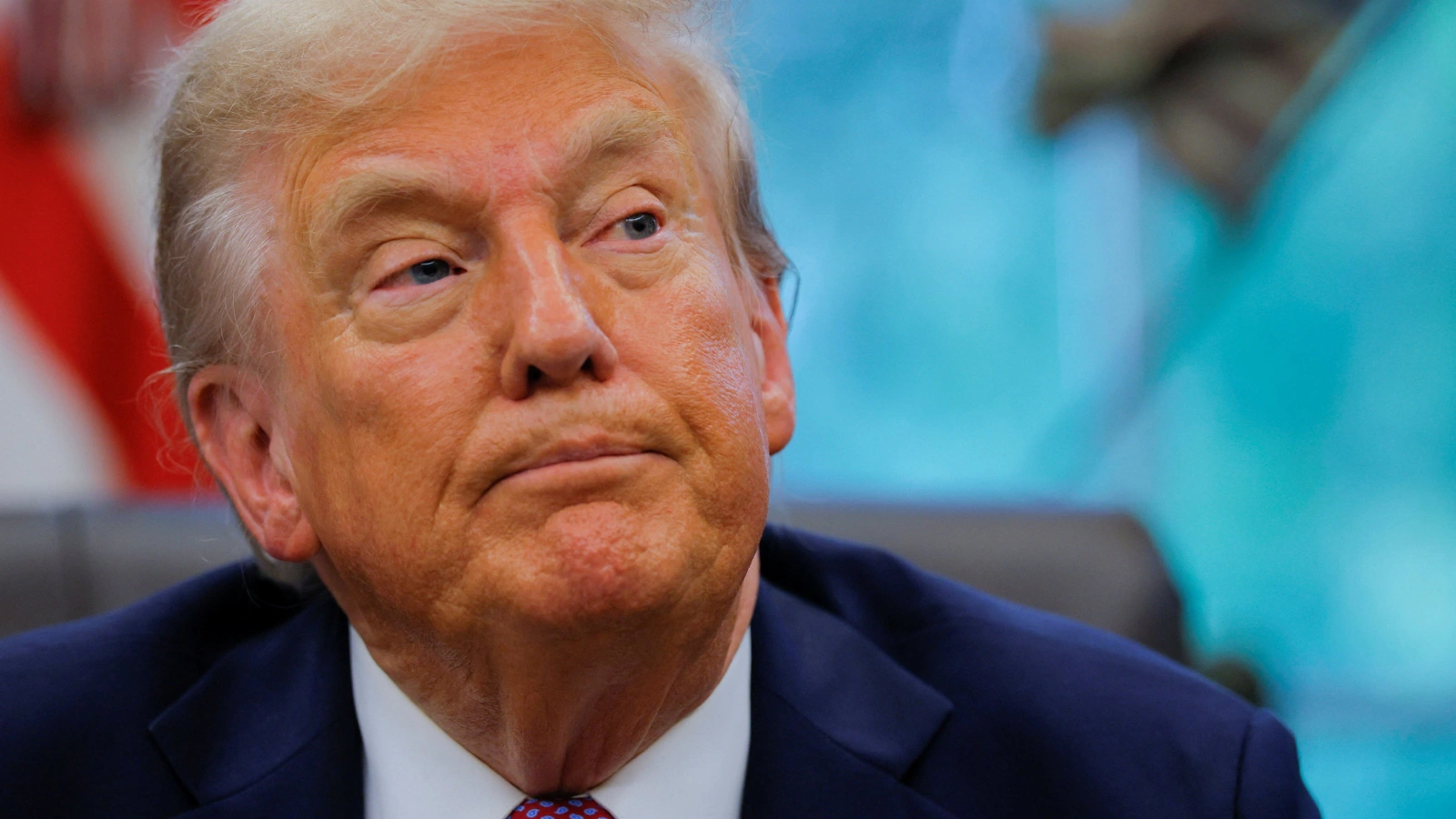By Abhijit Majumder,News18
Copyright news18

President Donald Trump’s decision to slap US employers with $100,000 per H-1B visa will take a large section of the Indian techie workforce out of the US. But when the real effects of his brinkmanship kick in, he may have to look beyond Indian engineers to calculate the flight dynamics of a boomerang.
It will gladden Trump’s MAGA base, but it will do the US more harm than good. It will hurt America’s famed economic competitiveness, stifle innovation, and undermine its status as the foremost hub for global talent.
It would make it prohibitively costly for companies — particularly startups and small businesses — to hire the best foreign talent. They will be forced to look elsewhere to fill top positions as talent will drain out to countries with warmer immigration policies. Critical and emerging fields like artificial intelligence and quantum computing will suffer the most, giving rivals like China an edge.
In the short term, Trump may succeed in hurting India. Indians can no longer flock to the US en masse. Remittances will dip. Indian IT firms whose businesses depend on sending staff to the US will see their toplines dive.
After all, India receives more than 70 per cent of H-1B visas, which meant 207,000 visas last year. That will certainly ebb.
But the US President, by his petulance, may have done India the biggest favour.
If the Indian government and companies respond deftly and cleverly, America’s loss could be Bharat’s gain. It serves India with an unexpected opportunity to build the domestic tech ecosystem, create jobs, and invite a massive wave of offshoring. Jobs that would have been filled in the US could now be created in India at a much reduced cost rather than moving people. Remote work will rule.
This will mean more investments, contracts, and partnerships for Indian companies.
India can now push towards global delivery centres and remote engineering and R&D hubs. The government can provide incentives to upskill the Indian workforce for these offshored jobs.
AI, cloud computing, cybersecurity, and data science may flourish as professionals prepare better to justify higher salaries abroad.
A robust domestic tech industry will mean more innovation. Demand for high-quality remote work infrastructure will push higher bandwidth, better tools, and tighter cybersecurity. R&D and IP generation may take off in India at last.
Indian companies will now go scouting for other markets like Europe, Asia, and Africa for expansion and reduce dependency on the US.
But for India to snatch this moment, the central and state governments must swiftly bring enabling policies like further tax breaks and fewer compliances for startups and intensive investments in higher education.
India needs to buttress skill development in advanced tech and facilitate remote working legal/infrastructural frameworks like data security, connectivity, time-zone overlaps, and work-visa substitutes.
Time is ripe to push R&D and product-centric startups instead of gunning for just outsourced service.
Ease of doing business needs to improve further and fast, clearing foreign investment roadblocks.
Finally, India now needs education institutes of global calibre which attract international students.
Let the reverse brain drain begin.
Abhijit Majumder is the author of the book, India’s New Right. Views expressed in the above piece are personal and solely those of the author. They do not necessarily reflect News18’s views.



